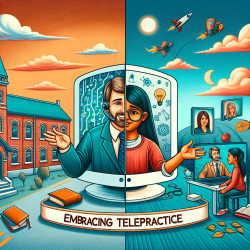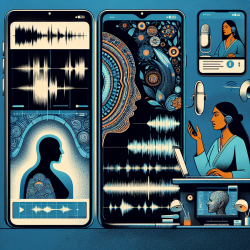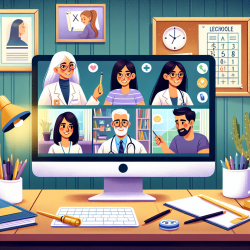Gifted education is often neglected, yet it holds immense potential for solving real-world problems. The research by Wai and Lovett (2021) emphasizes that gifted individuals are likely to innovate in ways that benefit society. By focusing on the top 5% of cognitive talent, we can significantly enhance societal innovation and address issues in health, science, and economic growth.
Practitioners can take several steps to improve their approach to gifted education:
- Early Identification: Use universal screening methods to identify gifted students early. This helps in providing appropriate educational opportunities tailored to their needs.
- Diverse Aptitude Measures: Incorporate assessments that measure mathematical, verbal, and spatial reasoning. This ensures that students with varied talents are recognized and supported.
- Inclusive Programs: Develop programs that are accessible to all students, including those from disadvantaged backgrounds. Equity in gifted education is crucial for social mobility and diverse innovation.
- Character Education: Cultivate intellectual humility and open-minded thinking in gifted students. These traits help them understand different perspectives and reduce biases in decision-making.
- Enrichment and Acceleration: Implement enrichment programs that provide depth in specific content areas and acceleration programs that allow students to progress at their own pace.
By focusing on these strategies, practitioners can ensure that gifted students are not only recognized but also provided with the necessary resources to develop their full potential. This approach not only benefits the students but also contributes to societal innovation and problem-solving.
Investing in gifted education should be viewed as a societal investment with high returns. By nurturing the talents of gifted individuals, especially those from disadvantaged backgrounds, we can enhance innovation and address real-world problems more effectively.
To read the original research paper, please follow this link: Improving Gifted Talent Development Can Help Solve Multiple Consequential Real-World Problems.










